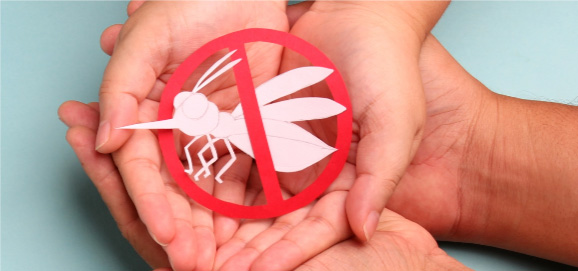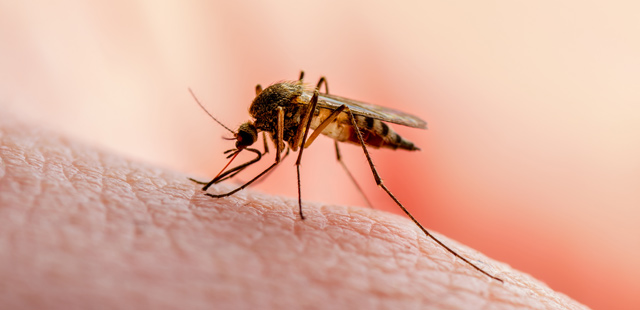Malaria is a mosquito-borne disease that causes severe illness and sometimes even proves fatal. In the United Kingdom, many cases of malaria get reported every year. Most of those cases are of those patients who have recently travelled to countries where malaria is prevalent. While malaria is not prevalent in the UK, there are several cases of the disease in tropical and subtropical regions. Africa reports approximately 90% of all the malaria-related deaths, most of which are children.
How does Malaria Infect the Human Body?
A mosquito introduces a malarial parasite into the bloodstream, from where it travels to the liver and starts to incubate. The incubation period for every individual is different ranging from 7 to 30 days. Malaria can be categorised as severe or uncomplicated. If treated properly, it’s completely curable.


Malaria Immunisation jabs in Norbury and Croydon!
The symptoms of uncomplicated Malaria include vomiting, severe headache, hot and cold flashes, and sweating. The rare symptoms include abnormal behaviour, coma, seizures, low blood pressure, anaemia, neurological anomalies, kidney failure, hypoglycaemia, excess acid in the blood, acute respiratory distress syndrome and blood in the urine. Severe malaria is considered as a medical emergency and should be treated with urgency.
Prevention
If you are planning to travel to a region with a prevailing risk of malaria, you are recommended to get antimalarial tablets to prevent yourself from becoming infected with it. Be sure also to use mosquito repellent creams and mosquito nets to improve your level of safety against mosquito bites. There is a wide range of different antimalarial tablets which are prescribed to travellers based on various factors, including destination, family history, and medical history, previous problems with anti-Malarial tablets, current medications, age and pregnancy.
We pride ourselves on offering our customers a quick, efficient service.
